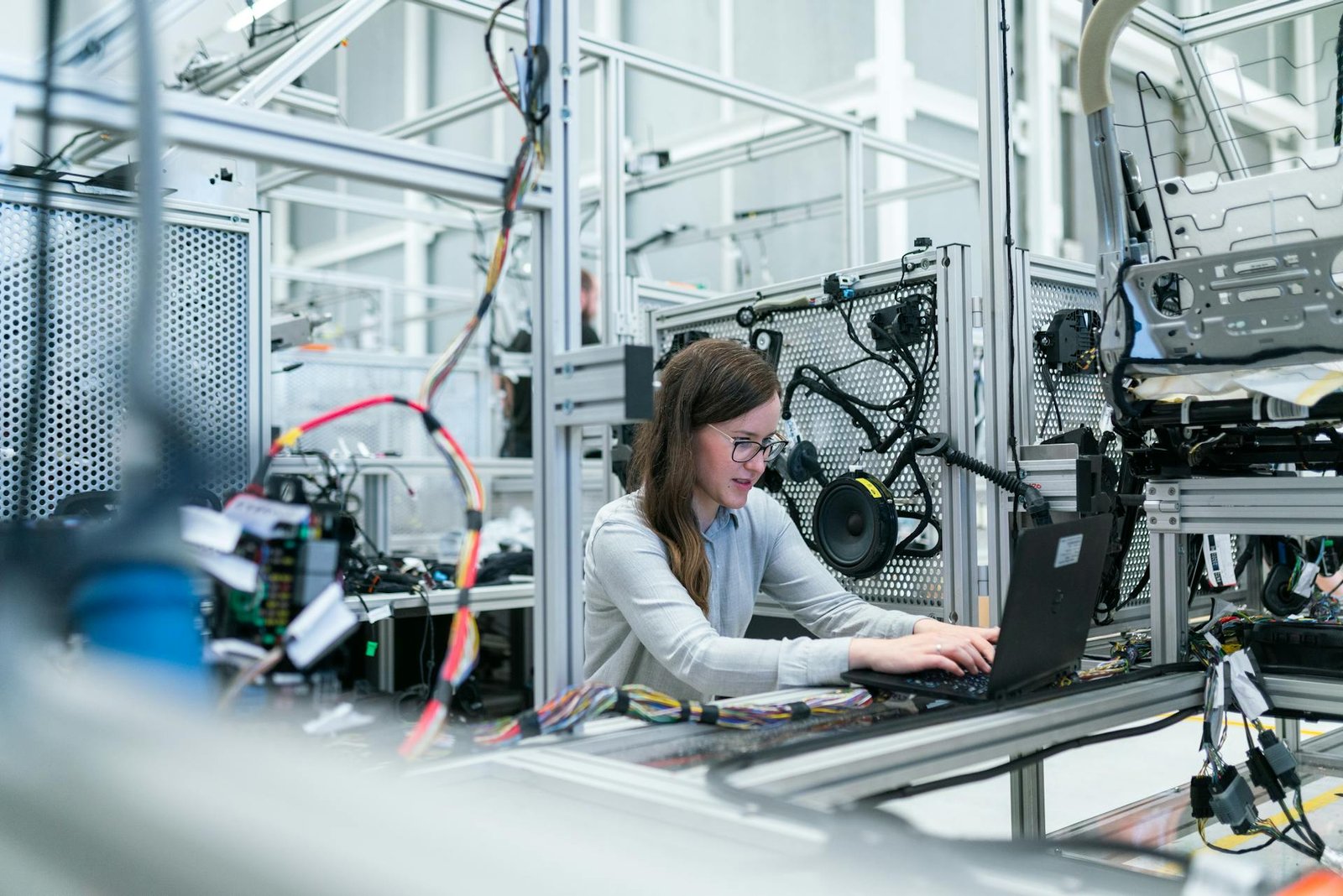In today’s technology-driven world, businesses increasingly rely on computers to handle critical operations. When choosing between industrial PCs and consumer PCs, reliability becomes a key differentiator. While consumer PCs are ideal for everyday use in homes and offices, they often fall short in demanding industrial environments. Reliability, in this context, means the ability to operate consistently and effectively, even under harsh conditions. Here’s why reliability matters and why industrial PCs are the superior choice for many business applications.
1. Built for Tough Environments
One of the primary reasons industrial PCs excel in reliability is their ability to withstand tough environments. Industrial settings, such as manufacturing plants, mining operations, and outdoor installations, often subject computers to extreme temperatures, dust, moisture, and vibrations. Consumer PCs are designed for controlled environments like offices and homes, where these harsh conditions are rarely a concern. As a result, consumer PCs lack the durability to operate effectively in such challenging environments.
Industrial PCs, on the other hand, are built specifically for rugged use. They often feature fanless designs to prevent dust accumulation, sealed enclosures to protect against moisture, and components that can operate within a wide temperature range. Many industrial PCs also have Ingress Protection (IP) ratings, indicating their resistance to dust and water. These design features ensure that industrial PCs remain operational, even in the most demanding conditions, offering reliability that consumer PCs simply cannot match.
2. Minimizing Downtime
In an industrial setting, downtime can be incredibly costly. Whether it’s a factory line that grinds to a halt or a critical system failure in an oil rig, equipment malfunctions can lead to significant financial losses. Consumer PCs, with their lower tolerance for environmental stress, are more prone to hardware failures in such settings. Frequent breakdowns or malfunctions can lead to increased downtime, which in turn, disrupts productivity and profitability.
Industrial PCs are designed to minimize downtime. With more durable components, including solid-state drives (SSDs), industrial-grade processors, and enhanced cooling systems, they are less likely to fail. In industries like manufacturing or logistics, where constant operation is necessary, the reliability of an industrial PC ensures continuous performance, reducing the risk of unexpected shutdowns or system failures.
3. Longevity and Lifecycle
Another important aspect of reliability is the longevity of the equipment. Consumer PCs are subject to rapid hardware advancements and updates, meaning their components can quickly become obsolete. This can result in the need for frequent replacements or upgrades, which adds to operational costs. Consumer PCs are typically designed with a lifespan of around 3-5 years, after which performance often declines, or parts become outdated.
In contrast, industrial PCs are designed for longevity, often with lifecycles of 7-10 years or more. This extended lifecycle ensures that companies can continue using the same system for years without the need for constant updates. Industrial PC manufacturers also offer long-term support for their products, including availability of replacement parts and software updates, ensuring the system remains operational for a longer period. This reliability is essential for businesses that require stability over the long term, especially in sectors where equipment replacement or system downtime could cause major disruptions.
4. Enhanced Performance for Specific Applications
While consumer PCs are generally designed for a wide range of applications such as browsing, gaming, or office work, industrial PCs are tailored for specific, often mission-critical tasks. Industrial PCs can be customized with specialized input/output interfaces, ports, and components to meet the unique demands of particular industries, whether it’s controlling an assembly line or monitoring equipment in a power plant.
The ability to customize and optimize industrial PCs for specific applications increases their reliability. Unlike consumer PCs, which are often built for general purposes, industrial PCs are fine-tuned for their particular use cases, ensuring that they operate efficiently and effectively. This makes industrial PCs far more dependable when it comes to handling critical tasks.
5. Total Cost of Ownership (TCO)
At first glance, consumer PCs may appear to be the more cost-effective option due to their lower initial price. However, when factoring in reliability, the total cost of ownership (TCO) can often be higher for consumer PCs in industrial applications. The frequent need for replacements, repairs, and downtime quickly adds up. By contrast, industrial PCs, while more expensive upfront, offer better reliability, reducing maintenance costs, replacement frequency, and downtime.
Ultimately, the higher initial investment in industrial PCs pays off in the form of reduced long-term costs, greater uptime, and sustained performance, making them the more reliable and cost-effective choice for businesses.
Conclusion
Reliability is critical when choosing between industrial and consumer PCs, especially in environments where downtime can be costly and conditions are harsh. Industrial PCs offer superior durability, longevity, and customization options that make them more reliable than consumer-grade alternatives. For businesses that need consistent performance and minimal disruption, the reliability of industrial PCs ensures smooth operations and lower overall costs in the long run.


